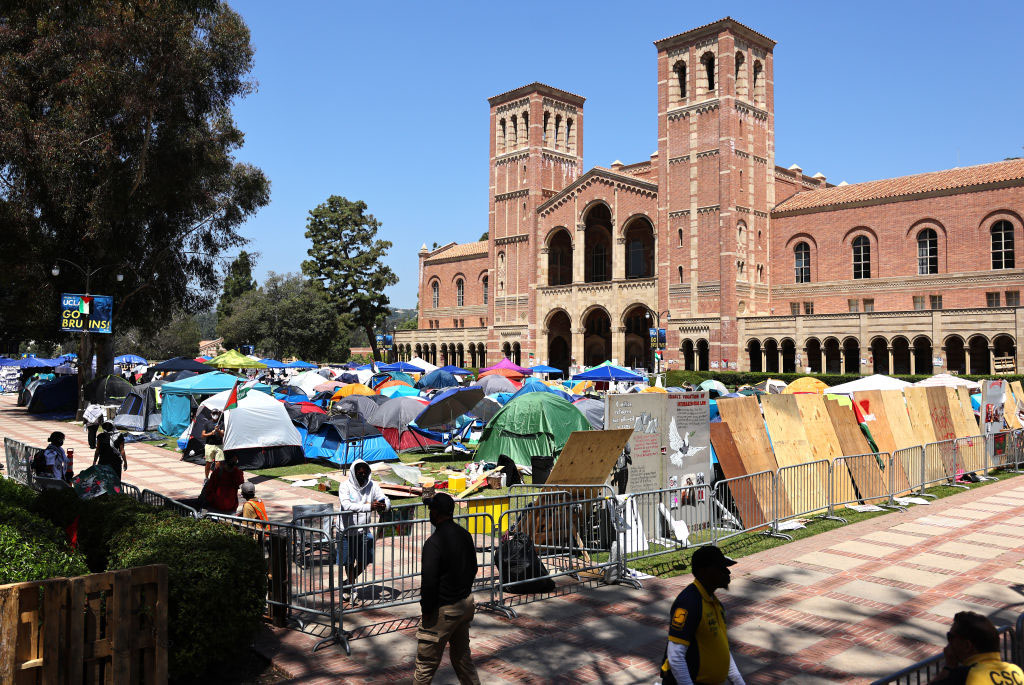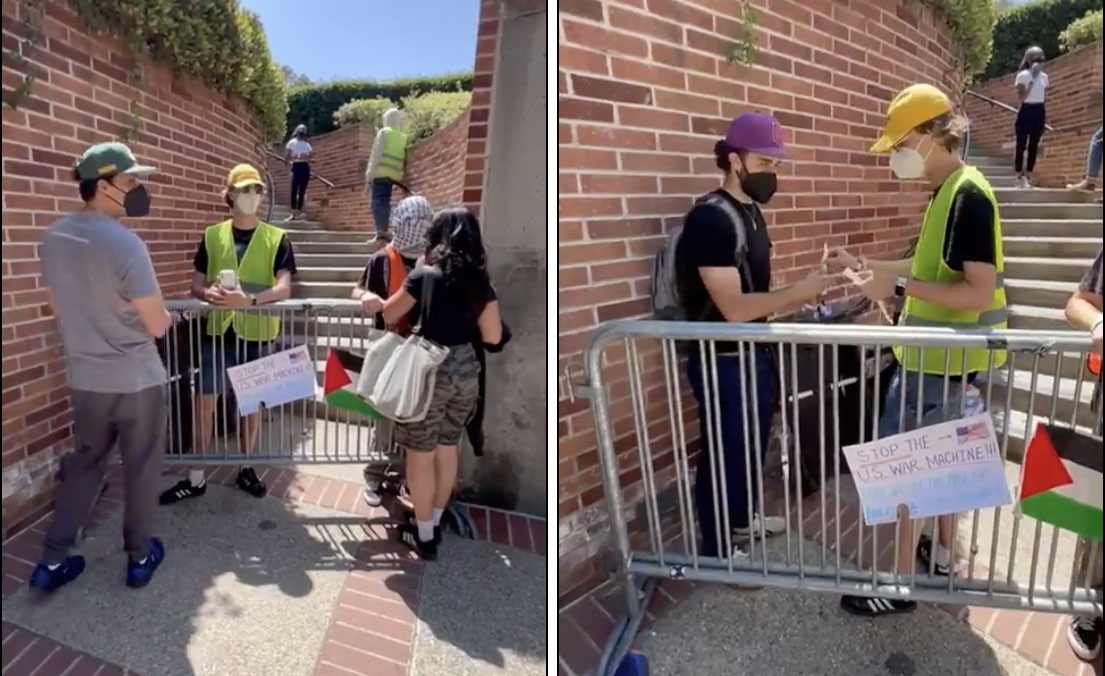Social Justice seems to be the central theme that pervades just about any Jewish periodical. Open any issue of The Jewish Journal, for instance, and you will see all sorts of articles and editorials related to tikkun olam, acts of charity and kindness that help to repair or perfect the world.
I have been raised in a traditional Jewish home. I have attended Hillel Hebrew Academy and YULA, both religious Jewish institutions that have taught me what it means to be a Jew. Perhaps one of the most profound quotes I learned is from the Talmud, Tractate Shavuot, 39:A, where it states: “Kol Yisrael areiveim zeh b’zeh.” The rabbis are reaching out to me with an important message: mutual responsibility and accountability — the notion that every Jew is responsible for each other. This very notion, however, has haunted me for so long. While I recognized the need for responsibility and accountability, I have also been taught that talk is cheap.
A recent study from The Jewish Federation of Greater Los Angeles shows that 22 percent of all Jewish households in greater Los Angeles were found to be living in poverty — earning less than $25,000. I can learn all day long about being a good Jew, about those suffering in my own community and all over the world, from Los Angeles to Darfur. But what can I do about it — a 15-year-old living in Los Angeles?
I am proud to volunteer my services weekly for Tomchei Shabbos, an organization that delivers boxes of food — challahs, chicken, eggs, milk and other items — to 200 families every Thursday night and before every holiday. Tomchei Shabbos receives donations from the community to help meet the needs of so many local hungry and needy people. Many of the recipients are from homes where the supporting parent may have just died, gotten sick, lost his or her job or suffered some other catastrophe.
Along with dozens of other teens and members of local synagogues, I volunteer to pack and discreetly deliver the boxes of food every week. Tomchei Shabbos has given me the opportunity to not just sit and learn about my value system in a classroom environment. No longer do I have to hear about suffering and pain and have to sit idle. I can do something about it. I can experience charity. I can experience social justice. I can experience kindness. I can do all this by active participation.
I feel so much more connected, now than ever before, to my Judaism. I can now fully understand what the ancient rabbis of the Talmud meant by their message of caring for one another — for mutual responsibility and accountability. I know that this experience will help me grow as an involved Jew, with a lifelong commitment to social justice, charity and kindness.
Jonathan Shainberg is a junior at YULA High School in Los Angeles.
The this essay was written for the Service Learning awards given out by the Bureau of Jewish Education’s Sulam Center for Jewish Service Learning (julief@jewishjournal.com.






















 More news and opinions than at a Shabbat dinner, right in your inbox.
More news and opinions than at a Shabbat dinner, right in your inbox.